VICE PRESIDENT – ELECT
Fabio de Sa e Silva is Associate Professor of International Studies and the Wick Cary Professor of Brazilian Studies at the University of Oklahoma and an affiliated fellow of Harvard Law School’s Center on the Legal Profession.
Fabio is the author of high-impact studies on law, lawyers, and democracy. His article From Carwash to Bolsonaro examines the “political grammar” produced and disseminated by Brazilian legal officers through the lava jato anticorruption initiative. This article received extensive media coverage in Brazil and became the most-cited and most-downloaded article in the Journal of Law and Society for the year 2020. His next major article, Relational Legal Consciousness and Anticorruption, maps the cultural schemata coproduced through interactions between the prosecutors ahead of lava jato and their followers on Facebook. This article was the theme of a full-page interview in the Brazilian newspaper Folha de Sao Paulo and won the Law & Society Association’s best article award in 2022.
Currently, Fabio is one of the conveners of the Project on Autocratic Legalism (PAL), an LSA International Research Collaborative that is designing comparative research on how rising autocrats in Brazil, India and South Africa use law to amass power and what can be done to stop their moves. In this capacity, he also hosts the PAL Cast, a podcast series where he interviews lead scholars on law and (un)democratic politics.
Fabio is also an institution builder. He co-directs the OU Center for Brazil Studies; is a member of BRASA’s Executive Committee; and a Trustee of the Law and Society Association (LSA), Class of 2023. If elected to BRASA’s Vice Presidency, he will work to ensure that the Association remains an influential voice in Brazilian affairs in Brazil and the US and that the Brazilianist community offers a meaningful contribution to the understanding of Brazilian issues, at a time when the country tries to return to a path of inclusive, sustainable, and democratic development.
Fabio is frequently sought after by the media to comment on Brazilian affairs. His latest appearances include outlets such as BBC News, the Washington Post, Radio France International, The Intercept, and The World; in addition to Brazilian vehicles such as Rede TV, Folha de São Paulo, UOL, The Intercept Brasil, Correio Braziliense, and O Globo.
NEW MEMBERS OF THE EXECUTIVE COMMITTEE
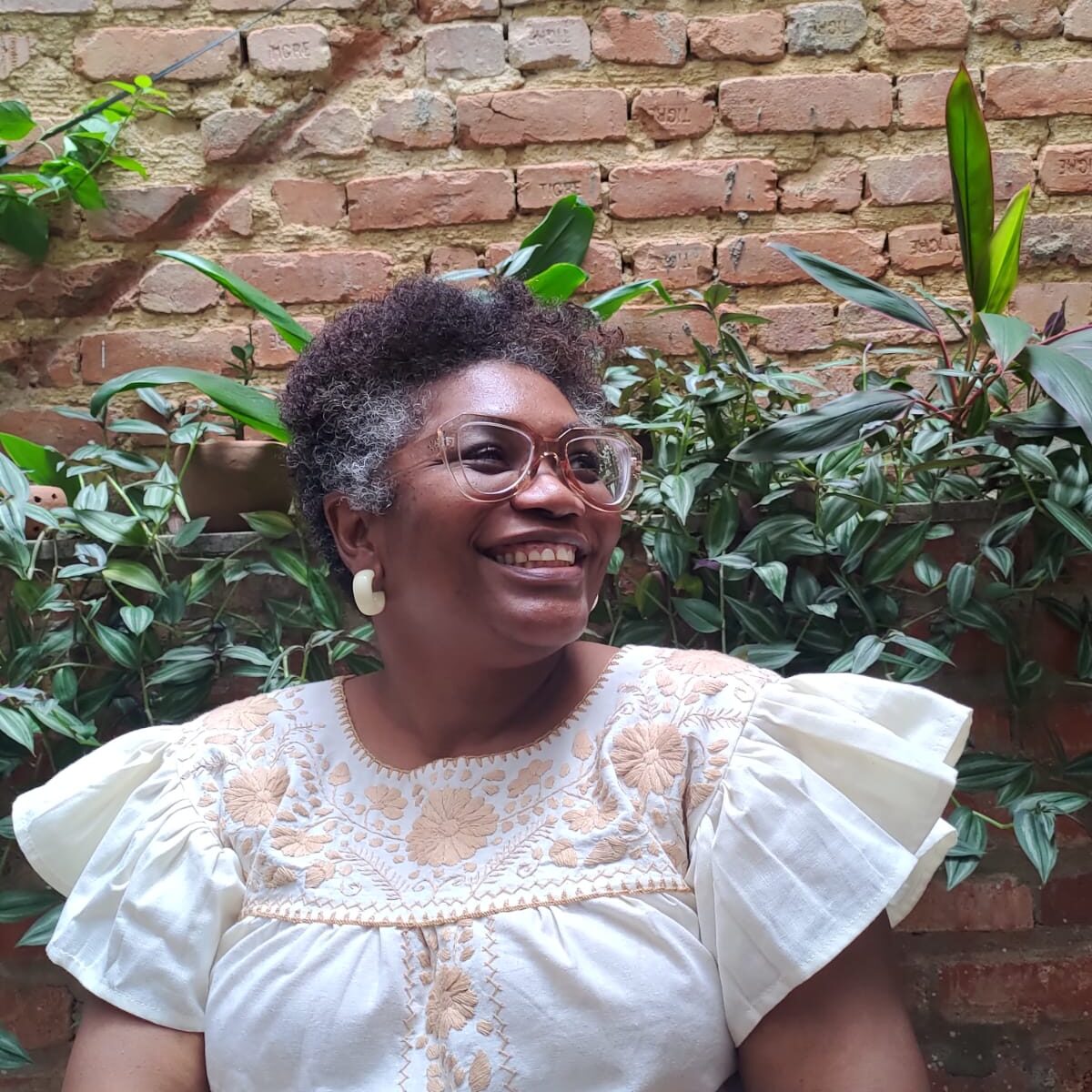
Anthropologist, Adjunct Professor at the Faculdade de Educação da Baixada Fluminense (FEBF – Pedagogy, Teacher Training Department/UERJ), of the Postgraduate Program in Art History (PPGHA/UERJ) and the Postgraduate Program in Cultures and Territoriality (PPCULT/UFF). Fellow of the Program of Incentive to Scientific, Technical and Artistic Production, PROCIÊNCIA/UERJ, is a researcher at the Núcleo de Estudos Afro-brasileiros (NEAB/UERJ, 2006 – ), coordinator of the extension program Afro Digital Museum of Rio de Janeiro (UERJ, 2019 – ), also a member of its board of curators and editors, as well as the Laboratory of Artistic Experimentations and Creative Reflections on Cities, Health and Education (LEARCC, UERJ and Fiocruz, 2016 – ). She also works with cinema and visual arts curation and education, having been one of the curators of the Encontro de Cinema Negro Zózimo Bulbul Brasil, África, Caribe e outras Diásporas in 2020 and 2021. She is part of the Curatorial and Editorial Board of the UERJ Exhibition Coordination (COEXPA), where she has been developing collective curators for the university’s galleries since 2022.Has experience in the areas of Anthropology (of Cinema, Visual, Urban and Afro-Brazilian Populations) and Research Methodology. She also works with curatorship and and visual arts and researches the following themes: Images of the Cities (Photographs, Public Art, Urban Art, Performances), Cinema and the City, Black Cinema, Visual Culture, Black Museums, Afro-Digital Museums, Afro-Brazilian Culture, Public Policies and Ethnic-Racial Relations and Education. She has collaborated with Associations since 2006, having been part of the Brazil Section, of the Latin American Studies Association/LASA (2006-2009), as well as the Brazilian Anthropology Association (ABA, since 2012), in which she participated in 3 managements of the Anthropology Committee Visual (CAV). Participating in Brasa since 2002, she would like to work on behalf of the Association and promote its congresses and the possibilities for dialogue between colleagues.
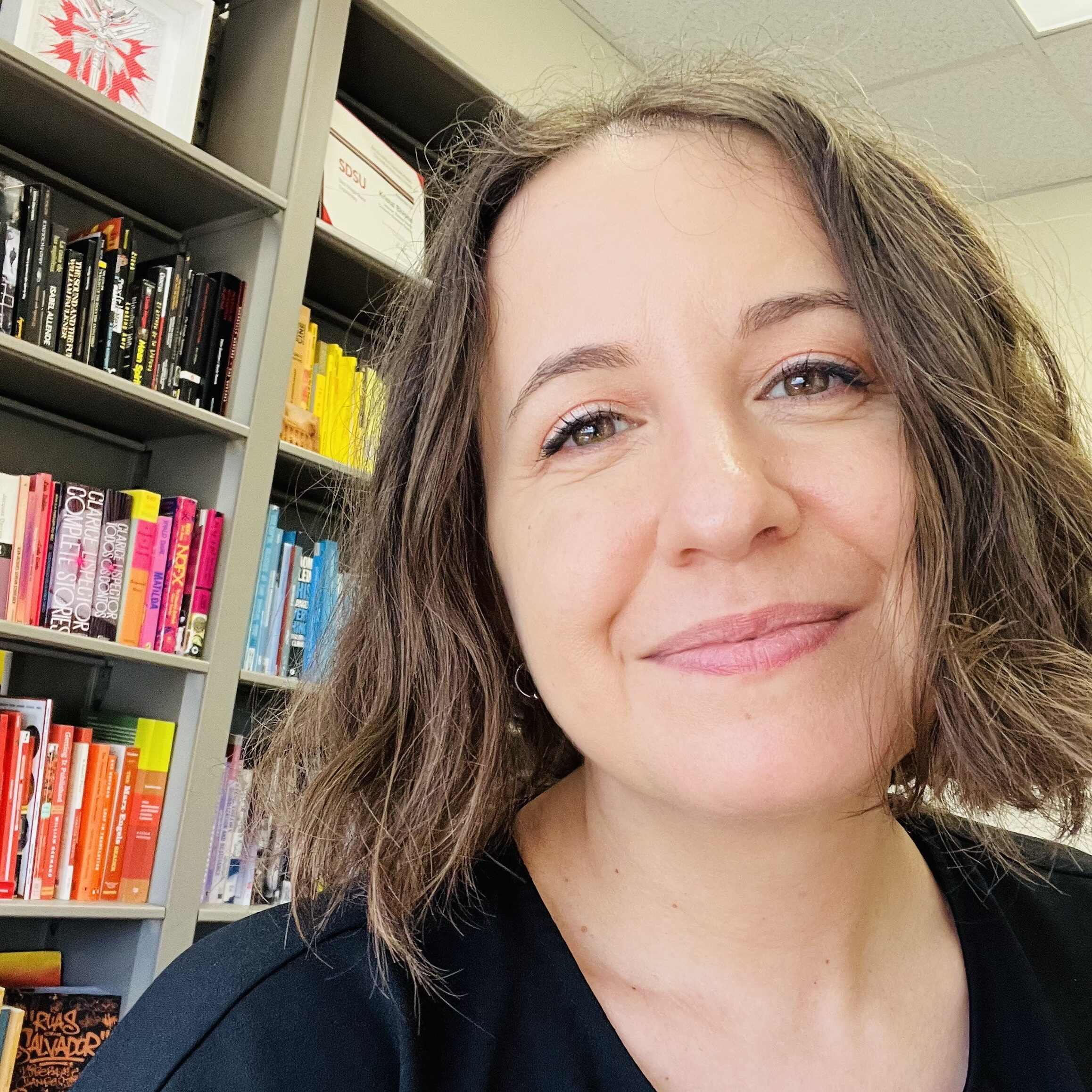
Kristal Bivona is Assistant Professor in the Department of Classics and Humanities and associate director of the Behner Stiefel Center for Brazilian Studies at San Diego State University, where she designed and launched a bachelor of arts program in Brazilian Studies and produces the award-winning digital humanities platform, the Digital Brazil Project. She has programmed the SDSU Brazilian Film Series since 2020 and programmed the Brazilian Film Series at UCLA in collaboration with the Consulate General of Brazil in Los Angeles from 2019-2020. Bivona previously taught at UCLA as a faculty fellow in the Department of Spanish and Portuguese and worked in the Center for Brazilian Studies. She holds a doctorate in Hispanic languages and literatures and a masters in Portuguese from UCLA and a masters in comparative literature from Dartmouth College. Her research broadly looks at how visual culture (including cinema, visual art, graffiti, and pixação) intervenes cultural memory. Bivona’s current book project, “Democracy out of Focus: Political Memory and Post-Dictatorship Brazilian Cinema,” examines the formation of political memory of Brazil’s most recent military dictatorship and the role of audiovisual production, shedding light on how cinema in Brazil has contributed to or challenged the memories and discourses that dominate the collective imaginary from the democratic transition to today. She has articles published in Luso-Brazilian Review, Ciberletras, Memory Studies, and Latin American and Latinx Visual Cultures and forthcoming in Studies in Spanish and Latin American Cinemas.
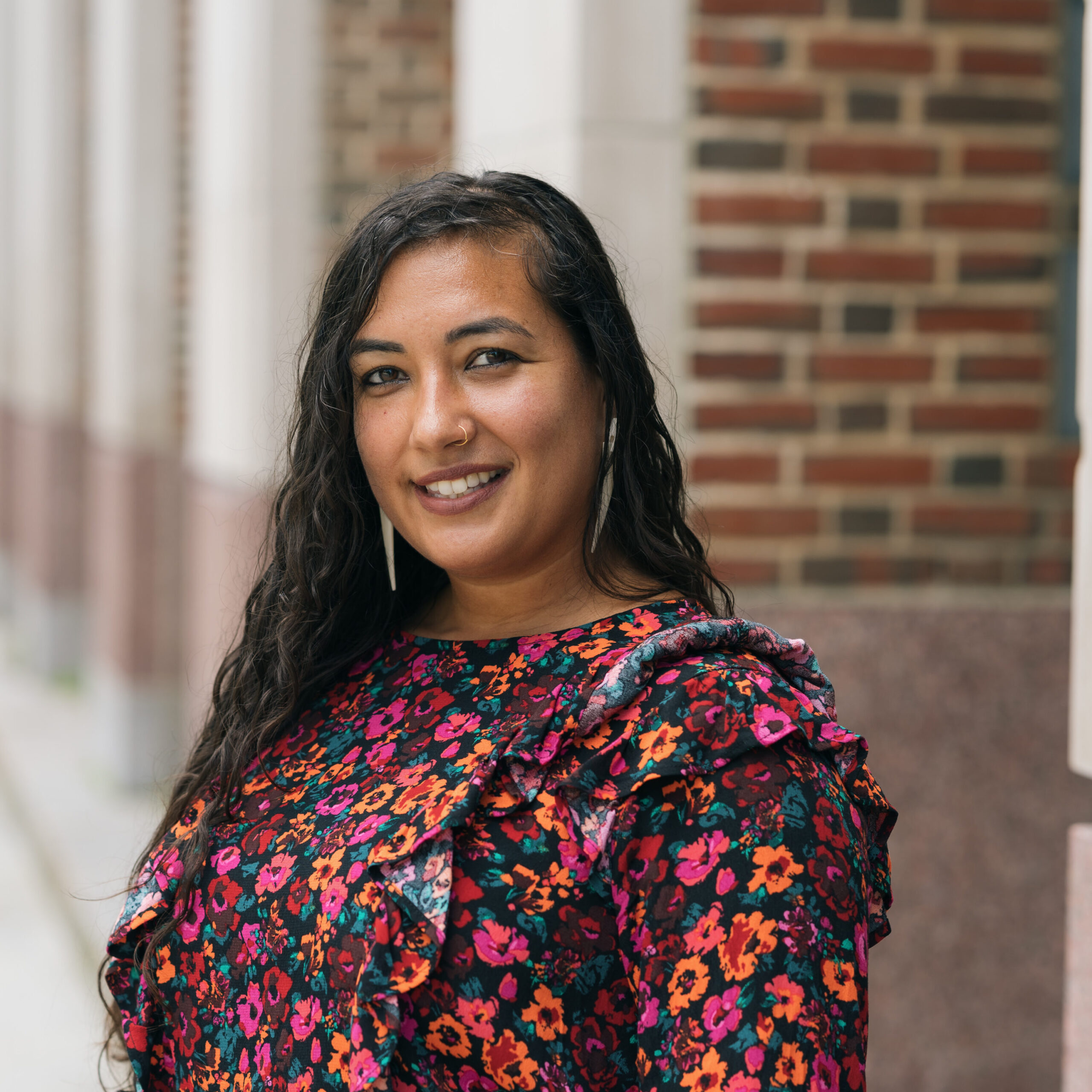
Vanessa Castañeda is Assistant Professor of Afro-Latin American Studies at Davidson College with a joint appointment in Africana Studies and Latin American Studies. She was the Guarini Dean’s Postdoctoral Fellow in Afro-Latin American Studies at Dartmouth College from 2021-2023, after earning her Ph.D. in Latin American Studies from Tulane University. Her research centers on the baianas de acarajé, predominantly older, working-class Black women who are street vendors in Salvador, Brazil, that sell typical regional foods with culinary origins in West Africa. They also have come to exist as central icons of African heritage tourism and cultural figures of regional and national Brazilian identity. Using interdisciplinary methodologies, including archival research and twenty months of community-based ethnographic fieldwork with the National Association of Baianas (ABAM), her forthcoming manuscript, tentatively titled Tabuleiros of Resistance: A Reconceptualization of Brazil’s Baianas de Acarajé reconsiders baianas—through their profession and grassroots advocacy—as political agents of Black feminism for self and collective liberation. Her publications include “Mucamas or Baianas?: Black Female Empowerment and Cultural Representation in Bahia” in The Latin Americanist Annals Issue, which received Honorable Mention in the Best Article Prize in the Social Sciences by the Brazilian Studies Association. Her research has been supported by the Brazilian Studies Association (BRASA) Initiative Scholarship, the Tinker Foundation, and the US Fulbright Program. She is also currently a Future of Food Fellow with the Society for the Anthropology of Food and Nutrition (SAFN) with the American Anthropological Association (AAA) and a Racial Justice Pedagogy Fellow with the Association for the Study of Food and Society (ASFS). As a first-generation student, Vanessa is very committed to mentorship and educational equity, and was the founder of the Undocumented Student Support Committee at Tulane University.
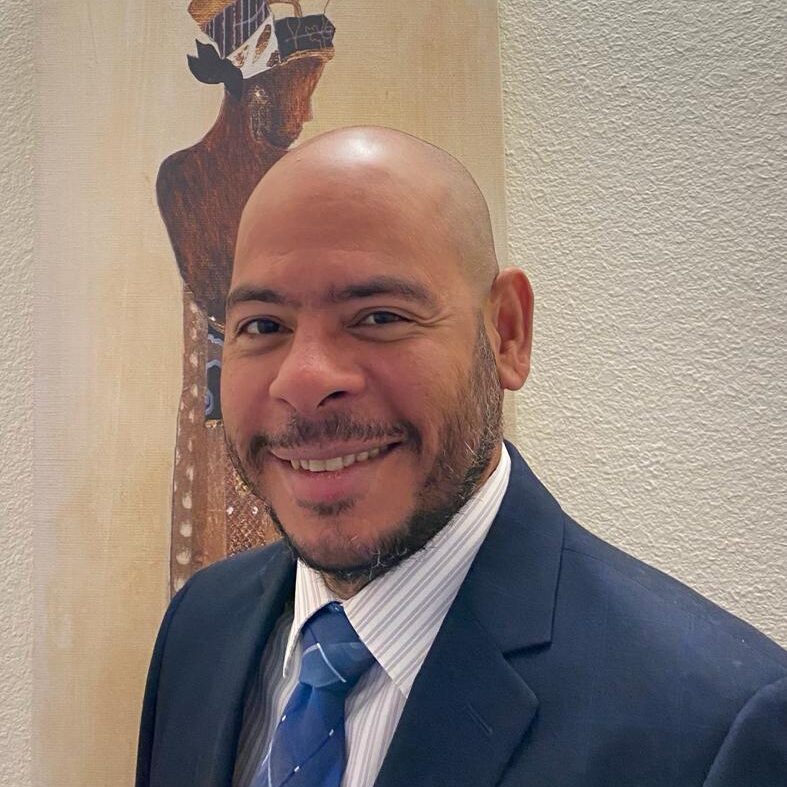
I’m an Assistant Professor of Portuguese and Spanish at the University of New Mexico where I currently serve as the director of undergraduate studies for the department of Spanish and Portuguese. Brazilian rap is the focus of my current book project titled Reclaiming Blackness in Brazilian rap; however, I also examine racial issues in the works of Machado de Assis, and of contemporary afro-Brazilian women poets. I have published several articles on the three subjects. I am co-editor of a forthcoming issue of Machado de Assis em linha that explores race and slavery in his works. Last year, I worked as a consultant for Editora Todavia’s forthcoming collection “Todos os livros Machado de Assis” sponsored by Itaú Cultural. In addition to my work as a researcher, I keep an active production as a creative writer, which I believe informs my work as a scholar and teacher. My poems and short stories can be found in recent issues of Cadernos Negros and also in my two books: Aversão oficial: resumida and abliterações, both published by editora Malê (Rio de Janeiro). The latter was semifinalist of Oceanos Prize in 2020. Reflecting upon my journey, I like to believe that I am a side effect of a self-legitimated system of privileged cultural representation that drove me into becoming a non-traditional college student, an addict to short story writing and reading, a poet, and a teacher/scholar in order to escape performing activities, for a living, that some machine could easily accomplish. If elected to BRASA’s executive committee I would draw from my experience as former Executive Director of Scolas and as a current member of APSA’s executive committee to work collaboratively with members in order to foster the exchange of ideas that would support the mission of the Association.

Seth Garfield received his Ph.D. in Latin American history from Yale University. He is currently Professor of History at the University of Texas at Austin and former director of the Brazil Center at the Lozano Long Institute for Latin American Studies (2018-22) and the Institute for Historical Studies (2013-17). Garfield also serves as Associate Editor of the Oxford Encyclopedia of Brazilian History and Culture and Varia História and Senior Editor of The Americas. His primary areas of expertise within Brazilian history include Indigenous studies, environmental history, migration and comparative Frontiers, and the history of food and drugs.
Garfield is the author of Indigenous Struggle at the Heart of Brazil: State Policy, Frontier Expansion, and the Xavante Indians, 1937-1988 (Duke, 2001), published in Portuguese translation as A luta indígena no coração do Brasil: política indigenista, a Marcha para o Oeste, e os índios xavante, 1937-1988 (Unesp, 2011). His second monograph, In Search of the Amazon: Brazil, the United States, and the Nature of a Region (Duke, 2014) received Honorable Mention for the American Historical Association’s Conference on Latin American History’s Bolton-Johnson Prize (2014). His most recent book Guaraná: How Brazil Embraced the World’s Most Caffeine-Rich Plant (University of North Carolina Press, 2022), received Honorable Mention for the Sergio Buarque de Holanda Prize for the Best Book in the Social Sciences from the Brazil Section of the Latin American Studies Association and was named the “Best in the World” in Drinks History by the Gourmand World Cookbook Awards. Garfield’s articles have appeared in the Hispanic American Historical Review, Revista Brasileira de História, and the Journal of Latin American Studies and his research has been funded by the Fulbright Commission, the National Endowment for the Humanities, and the Mellon Foundation.
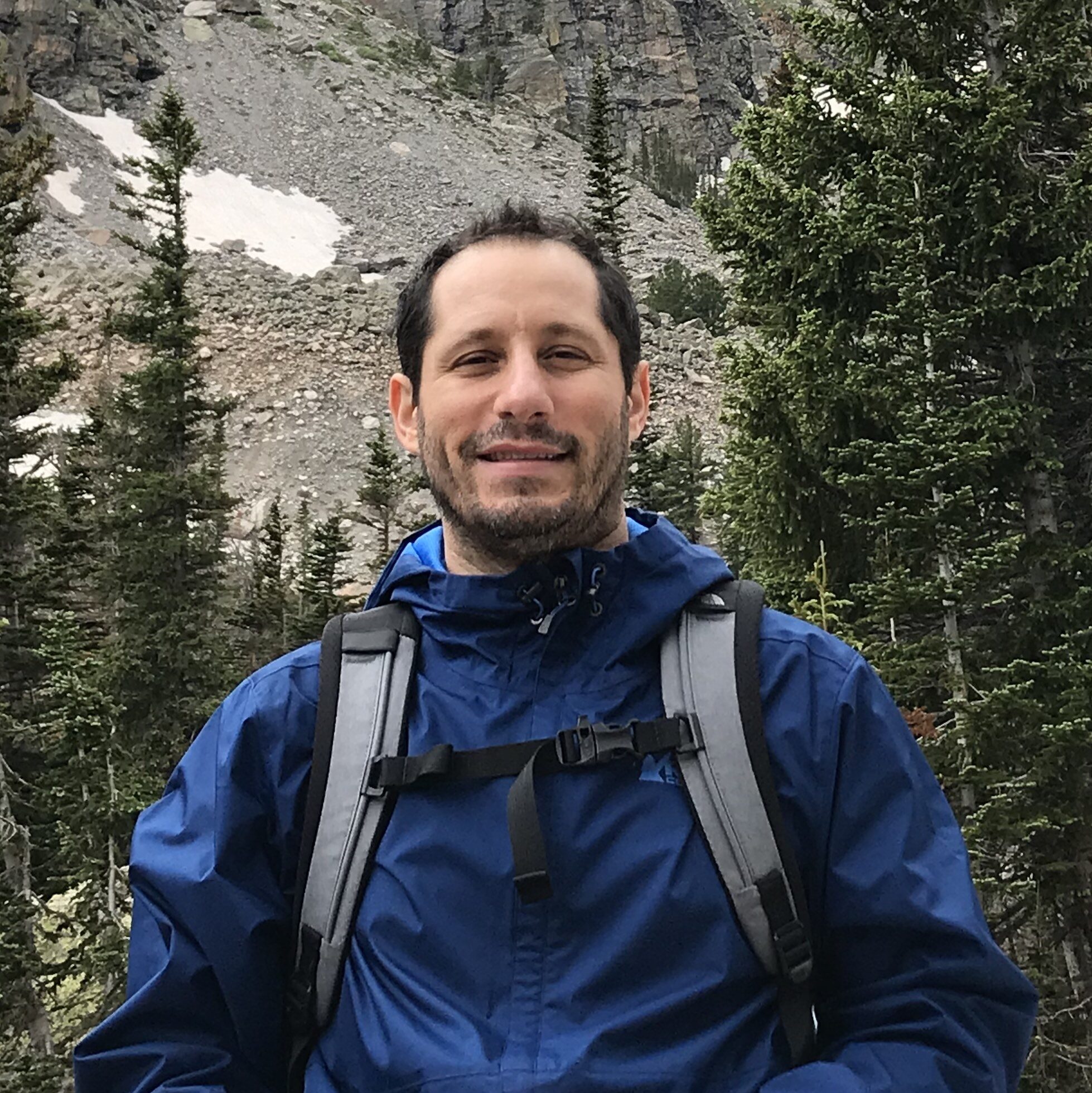
Almost twenty years ago, at the 2004 congress in Rio de Janeiro, BRASA helped usher me into the academic world. I am seeking election to the Executive Committee as a small way of repaying the enormous intellectual generosity and support that I have received from the organization and its members. As a graduate student, I presented my first paper at that congress, having already benefited from the incredible support and kindness of others. In the past two decades, much has changed in the Brazilian and U.S. academies, but both still function at their best when diverse voices are heard and allowed to come together in a larger, shared intellectual conversation. As a representative of BRASA, I would prioritize bringing new voices into that conversation, something I have strived to do as co-editor at Luso-Brazilian Review, where I helped establish the journal’s first Emerging Scholars Article Incubator, and as a faculty member first at Columbia University and, for the last decade, at the University of Illinois, Urbana-Champaign. My scholarship focuses on Brazil’s African diaspora, and I have also begun to research and write about Indigenous and African history. Though a historian by training, I engage multiple disciplines and work and publish in various fields, including Ethnomusicology, Latin American Studies, and Cultural Studies. I have also benefitted immensely from exchange and collaboration, and I have co-published scholarly and public-facing work with Brazilian authors. While my early research was in Rio de Janeiro, my recent and current projects highlight Bahia, Pernambuco, Paraíba, and Rio Grande do Norte; I believe strongly in the importance of keeping histories and constituencies from all over Brazil front and center. I am grateful to BRASA for how it paved the way for me, and I hope to play that forward as your representative.
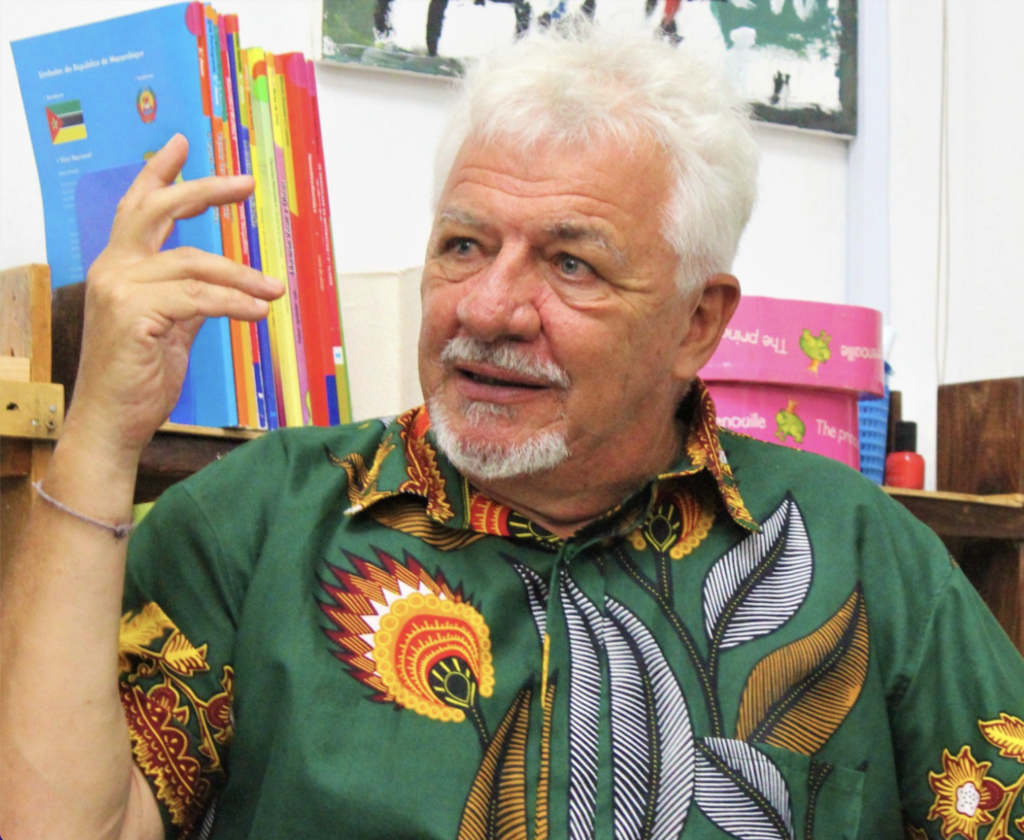
Livio Sansone (Palermo, Italy, 1956) got his PhD from the University of Amsterdam and has been living in Brazil since 1992, where he is full professor of anthropology at the Federal University of Bahia (UFBA). He is the head of the Factory of Ideas Program – an advanced international course in ethnic and African studies – and coordinates the Digital Museum of African and Afro-Brazilian Heritage. His best-known book in English is Blackness Without Ethnicity. Creating Race in Brazil (New York: Palgrave, 2003). His articles in English are available in the on-line journals Vibrant, Codesria Bulletin, Historia, Ciencias, Saude, Berose and Rockefeller Archive Center Research Reports. His most recent books are La Galassia Lombroso, l’ Africa e l’ America Latina (2022, Laterza, Italy) and Field Station Bahia. Brazil in the work of Lorenzo Dow Turner E. Franklin Frazier, Frances and Melville Herskovits – 1935-1967 (2023, Brill, Leiden) – both are being published in Portuguese in 2023 by EDUNICAMP. Over the last years, his research has been on the circulation of ideas of race and emancipation between Southern Europe, Africa and Latin America, the transnational making of Afro-Brazilian anthropology in the 1940’s and the cosmopolitan nationalism of Mozambican independence leader Eduardo Mondlane. He is a member of the Africa Multiple Program of the University of Bayreuth, Germany. He plans to help organize the 2026 BRASA Congress at UFBA and to organize within that congress (actually, immediately afterward) a special session of the doctoral school Factory of Ideas devoted to a critical reflection on the making of Brazilianists and, more generally, the advantages and disadvantages of a national focus (often constructed from without or in a transnational fashion) in a context where the South-South perspective, especially towards Africa and the rest of Latin America, is gaining more and more attention.